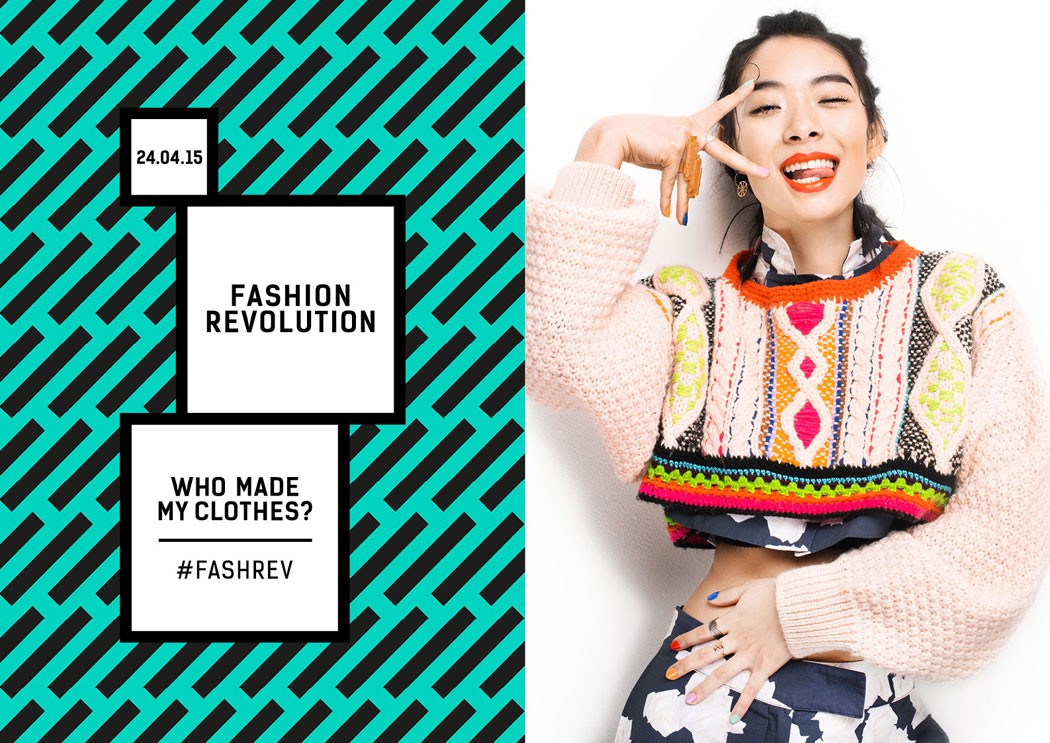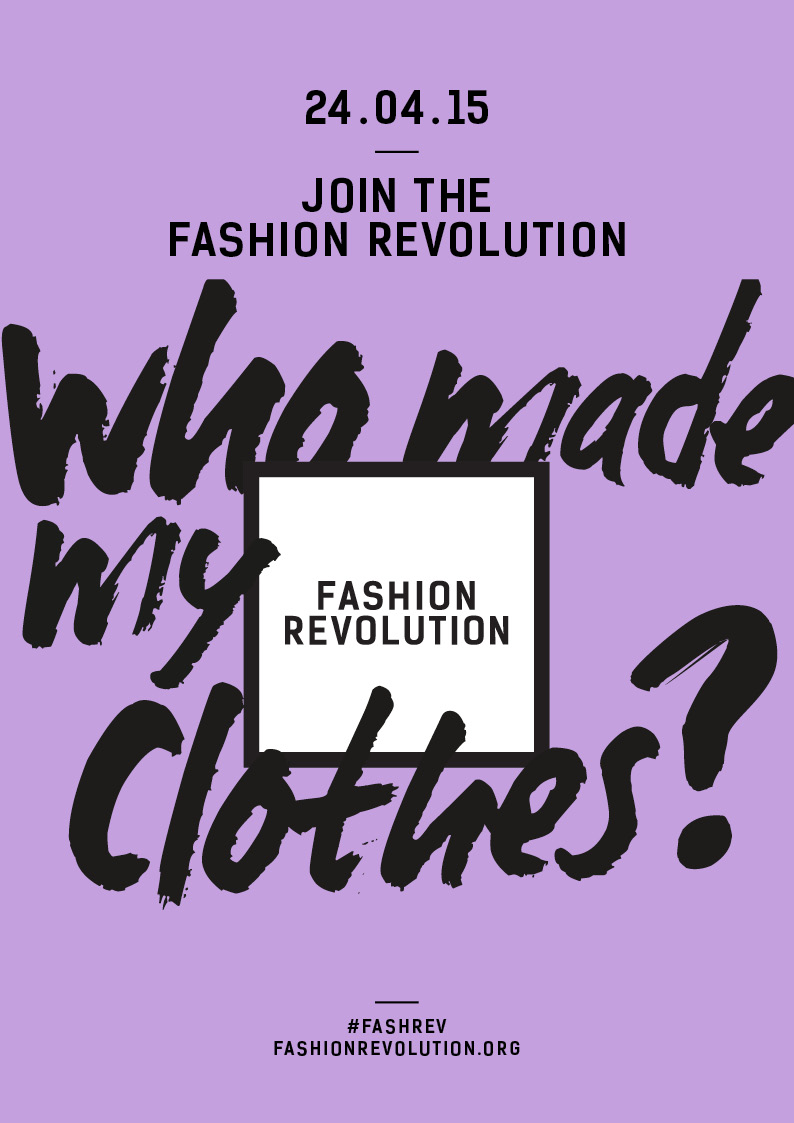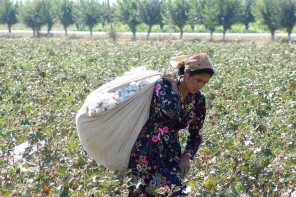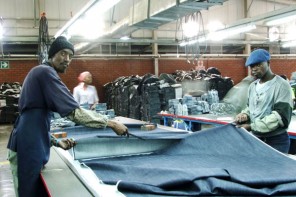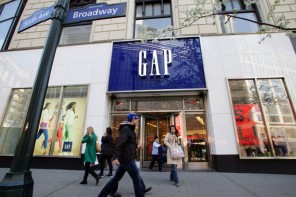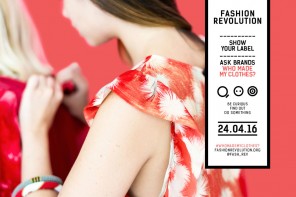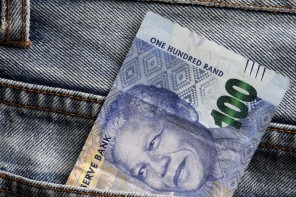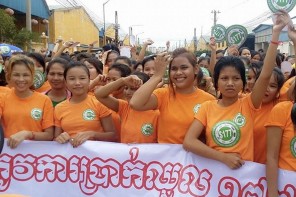On 24 April 2015, Fashion Revolution Day, people in 66 countries around the world will challenge global fashion brands to demonstrate commitment to transparency across the length of the value chain, from farmers to factory workers, brands to buyers and consumers.
One in six people work in the global fashion supply chain. It is the most labour dependent industry on the planet, yet the people who make our clothes are hidden from us, often at their own expense, a symptom of the broken links across the fashion industry.
Led by some of the biggest names in ethical fashion, Fashion Revolution Day will show that change is possible and celebrate those who are on a journey to create a more ethical and sustainable future for fashion. Model Lily Cole and Eco Age Founder Livia Firth and writer and broadcaster Lucy Siegle are just some of the names expected take part in a mass global action asking brands #whomademyclothes.
#whomademyclothes
Fashion lovers will take a selfie with the label in their clothing showing, send it to a brand via social media, asking ‘who made my clothes?’ #whomademyclothes and share their reply. Tens of thousands of people across the globe did this last year and more are expected to take part in the campaign this April. This Fashion Revolution Day marks the second anniversary of the Rana Plaza disaster in Dhaka, Bangladesh, which killed 1133, and injured over 2500 people. Social and environmental catastrophes in our fashion supply chains continue. Garment workers in Cambodia work six days a week, earning barely enough to meet their basic living expenses, risking malnourishment, which in recent years combined with poor working conditions has caused numerous incidents of mass faintings and collapses in the factories.
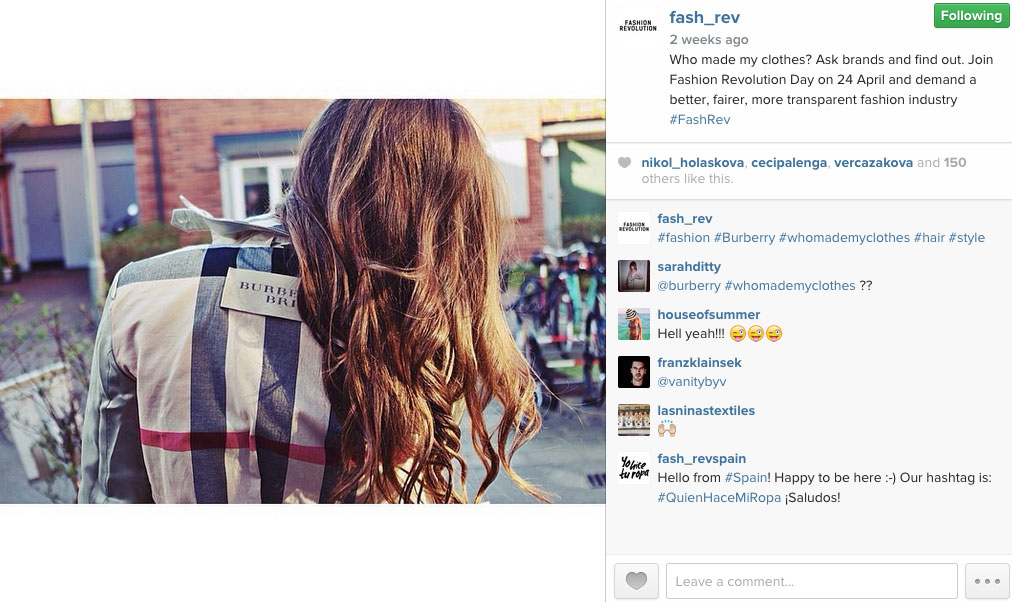
Cotton production accounts for the use of $2bn of chemical pesticides each year. More than 250,000 cotton farmer suicides have been recorded in India over the last 16 years in the largest wave of suicides in history. Carry Somers, Fashion Revolution co-founder said: “When everything in the fashion industry is focused on making a profit, human rights, the environment and worker’s rights get lost. This has got to stop and we plan to mobilize people around the world to ask questions. Find out. Do something.
“Buying is only the last click in a long journey involving hundreds of people: the invisible workforce behind the clothes we wear. We no longer know the people who made our clothes so therefore it is easy to turn a blind eye and as a result, millions of people are suffering, even dying.”
Campaigners will call on the textile value chain to engage in a demonstrable commitment to transparency by:
- Challenging brands and retailers to pledge to make their supply chains more transparent
- Find out who made their clothes
- Publish first tier factories and work towards maping out their entire supply chain
Fashion Revolution will also demonstrate that change is possible by showcasing examples of those who are already creating a better future for fashion. This is just the start of many years of positive transformation and industry-wide collaboration through Fashion Revolution Day.
Orsola de Castro, co-founder said: ” Fashion Revolution is about building a future where an accident like this never happens again. We believe knowing who made our clothes is the first step in transforming the fashion industry. Knowing who made our clothes requires transparency, and this implies openness, honesty, communication and accountability. It’s about re-connecting broken links and celebrating the relationship between shoppers and the people who make our clothes, shoes, accessories and jewellery – all the things we call fashion.”
Labels exposing the truth about sweatshops
Want to know more about where you clothes comes from? Consulting its label will only get you so far. But what if those tags revealed the whole truth? A new campaign by the Canadian Fair Trade Network reveals just how inhumane the conditions a sweatshop worker in Bangladesh, Cambodia, or Sierra Leone might face. Produced by Rethink Canada, a creative agency with outposts in Montreal, Toronto, and Vancouver, each spread features a item of clothing, along with an extended label that relates one of myriad possible scenarios. With Fashion Revolution Day taking place on the 24th of this month, the campaign couldn’t be more timely.
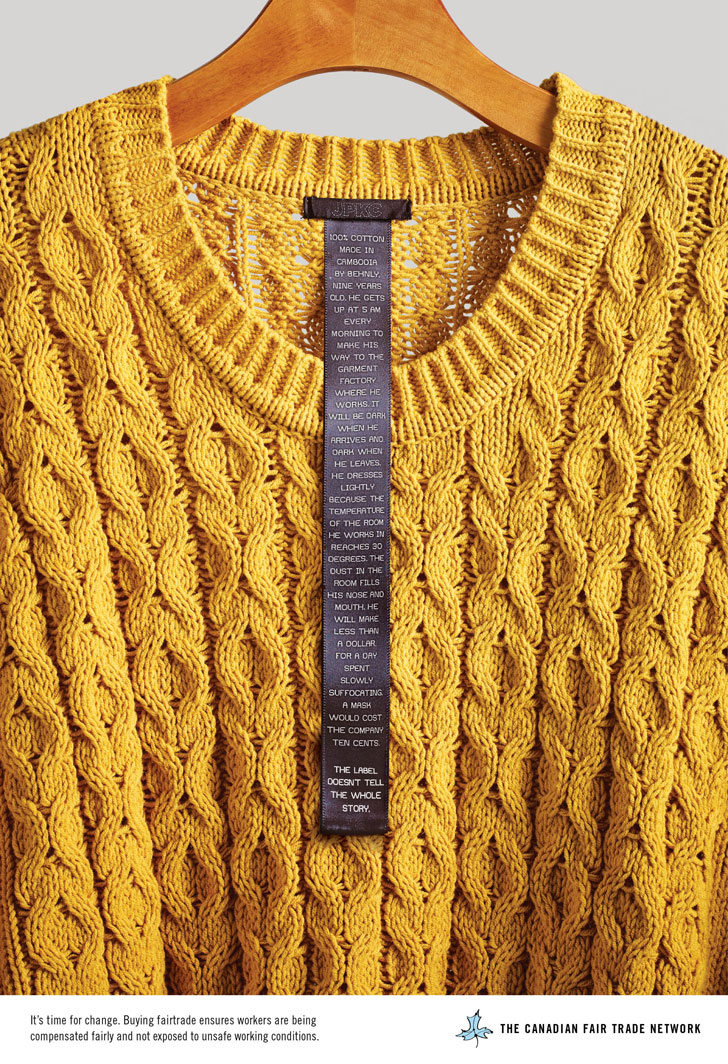 A yellow cabled sweater, for instance, outlines a day in the life of a Cambodian child laborer. The label reads:
A yellow cabled sweater, for instance, outlines a day in the life of a Cambodian child laborer. The label reads:
“100% cotton. Made in Cambodia by Behnly, nine years old. He gets up at 5:00 am every morning to make his way to the garment factory where he works. It will be dark when he arrives and dark when he leaves. He dresses lightly because the temperature in the room he works reaches 30 degrees. The dust in the room fills his nose and mouth. He will make less than a dollar, for a day spent slowly suffocating. A mask would cost the company ten cents.
The label doesn’t tell the whole story.”
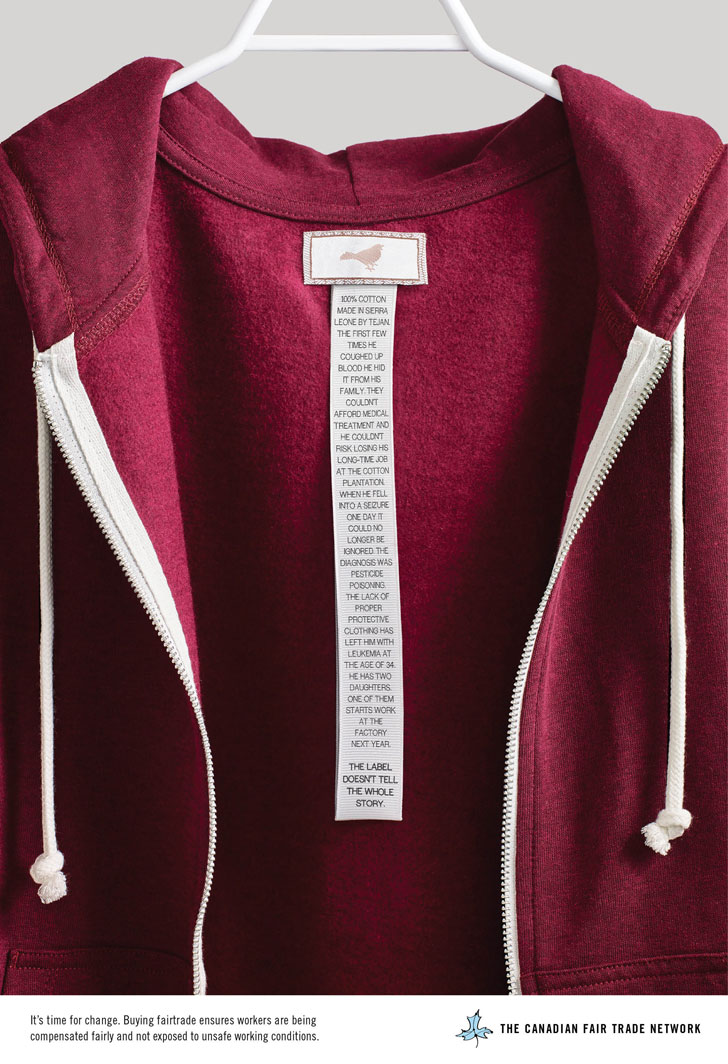 Another garment, a red hoodie, brings another story to life:
Another garment, a red hoodie, brings another story to life:
“100% cotton. Made in Sierra Leone by Tejan. The first few times he coughed up blood he hid it from his family. They couldn’t afford medical treatment and he couldn’t risk losing his long-time job at the cotton plantation. When he fell into a seizure one day it could no longer be ignored. The diagnosis was pesticide poisoning. The lack of proper protective clothing has left him with leukemia at the age of 34. He has two daughters. One of them starts work at the factory next year.
The label doesn’t tell the whole story.”
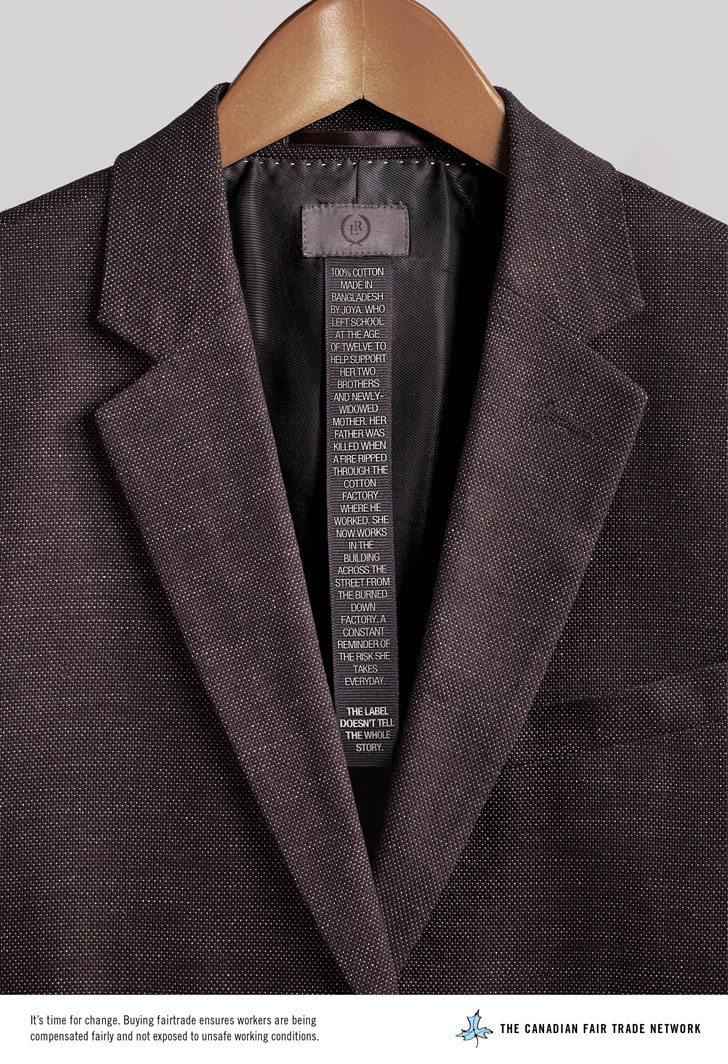 The tag on a men’s blazer draws attention to Bangladesh’s numerous industrial accidents.
The tag on a men’s blazer draws attention to Bangladesh’s numerous industrial accidents.
“100% cotton. Made in Bangladesh by Joya who left school at the age of twelve to help support her two brothers and newly widowed mother. Her father was killed when a fire ripped through the cotton factory where he works. She now works in the building across the street from the burned down factory. A constant reminder of the risk she takes everyday.
The label doesn’t tell the whole story.”
As the labels note, the long hours and poverty wages are rarely the sum of a garment worker’s problems. Their environments are often riddled with fire, chemical, and structural hazards that threaten life and limb on a daily basis.
“It’s time for change,” the ads continue. “Buying fair trade ensures workers are being compensated fairly and not exposed to unsafe work conditions.”
To find out more about the global Fashion Revolution Day campaign go to www.fashionrevolution.org and to follow what’s happening locally like the Fashion Revolution South Africa Facebook page or follow FashionRevolution_SA on Twitter.
Join the Fashion Revolution! Take a selfie and ask your favourite brands #whomademyclothes ?

